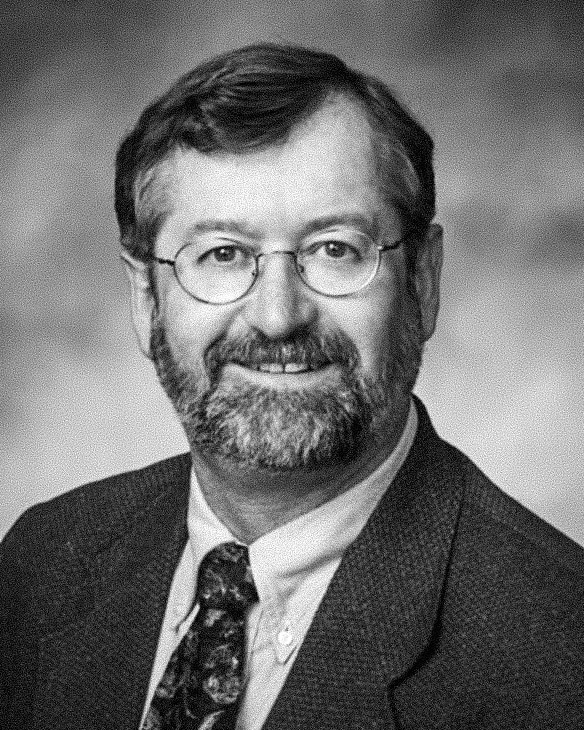Voters will see more precise and inclusive language in the initiative petition, Voters Pamphlet and ballot measure to create an Office of Independent City Auditor for Eugene, thanks to a July 3 court decision.
The judge’s ruling followed court arguments June 29, which in turn were followed by multiple revisions by the opposing attorneys.
The judge “ruled in our favor for the most part,” says David Monk, one of the petitioners, along with Bonny McCornack and George Brown.
In the case before Circuit Court Judge Karsten Rasmussen, the plaintiffs complained that City Attorney Glenn Klein’s proposed ballot language was “biased” and “fails to sufficiently, concisely or fairly describe the initiative.”
The judge agreed with most of the plaintiffs’ concerns but also wanted to maintain some of the original language referring to the auditor not being subject to City Council or city manager direction or supervision.
After the hearing, McCornack noted the difficulty of the process, saying, “It’s not a level playing field. The city manager’s attorneys have the power to frame the language that voters see on the petition, Voters Pamphlet and on the ballot. They can determine for themselves whether it is in their best interest.”
The ballot question, written by the city attorney, reads, “Shall Charter create elected auditor to audit city spending and activities without supervision or direction by the city council or manager?”
The next step will be for the city recorder to certify the amended petition, then petitioners can begin collecting the required 8,091 signatures of registered voters, but they will have just 100 days. Delays in scheduling the court hearing kept petitioners from gathering signatures during the Fourth of July celebrations.
This case appeared to be new legal territory for Rasmussen and the judge asked the parties what they expected him to do. “You get to write your own ballot title,” said Margaret Olney, attorney for the plaintiffs.
Attorneys Ben Miller and Lauren Sommers represented the city in court and defended the proposed ballot language, saying, “There are lots of different ways to craft a ballot title that complies with the standards,” and “the language should be left alone.”
Miller said the city attorney “believes that this is an important change in city government,” and is concerned that it creates a new salaried position that is “not accountable to city rules” and city oversight.
Olney disagreed and said the auditor office is “not a fundamental change in city government,” and that the city manager’s language leaves out any reference to peer review, credentials, the whistleblower function and other important elements.
“Voters need to know that the auditor follows well-established standards,” Miller said, noting that the city manager’s language focuses only on what the manager sees as an invalid perception of lack of accountability.
City Manager Jon Ruiz and other conservative members of city government have long opposed such a charter amendment providing independent and professional evaluation of city management, department by department, with the purpose of improving management, transparency and accountability.
Performance auditors occasionally clash with management, but more often work closely with city staff and elected officials to assure best practices and “get at problems when they are small and before they become newspaper headlines,” says Gary Blackmer, a retired state and Portland auditor who spoke on May 17 in Eugene.
Blackmer says elected auditors have much more independence than appointed auditors, and he advocates giving auditor offices an adequate budget to attract highly qualified and professional candidates. He says performance auditors typically save cities five times their cost, even in relatively well-managed cities.
Back in 2002, an ad hoc charter review committee unanimously called for the creation of an independent performance auditor in order to address long-standing management issues, excessive power by the city manager and eroded trust in city government. But a string of city managers and elected city leaders have kept the topic off the City Council agenda, saying such auditing is not needed and is too costly.
